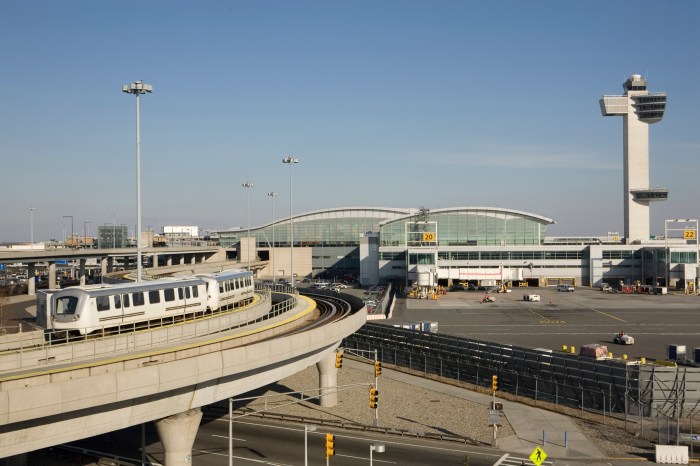Now you the reader are probably wondering how the two subjects correlate with one another, but the fact is they are extremely relevant to one another and can have a detrimental effect on both the passenger on a flight or a nearby town/municipality. What I am referring to is pilots (Airmen), or persons who work in secured areas at airports.
Pilots suffer from depression, with reasons ranging from long hours, constant schedule and time zone changes, fatigue, and being away from home for a long period just to name a few. Pilots do have a heavy work and a hectic schedule. There is a prediction that in the year 2035, the industry will require 617,000 more pilots. The problem is that there aren’t enough pilots to help ease the strain and are overwhelmed. It appears that the market and demand for flights is currently outweighing the number of pilots within the industry. Regarding these factors many pilots as previously mentioned, suffer from depression. An example of this would be the 2015 German Wing Flight 9525, when a pilot whom was suffering from depression purposely flew the plane into the French Alps, killing all on board.
Another example would be when the Horizon Air employee whom was a ground service agent took possession of an empty turbo prop plane at Seattle – Tacoma International airport (SEA–TAC). The employee who was described as a suicidal individual also described himself as “a broken guy” while communicating with Air Traffic control (ATC). At the same time while performing stunts in the sky, he eventually crashed on Ketron Island which is located about 25 miles southwest from the airport. The employee whom commandeered the plane died in the crash. However, the residents on the island that were also nearby were not harmed or injured during the incident.
So, with these two prime examples, depression is a severe factor to the safety of the passengers and a concern for pilots. When I mentioned the word concerned, pilots are aware of their illness but afraid to address it. By that they are in fear of the possibility of repercussions from their employer by admitting that they are in a depressed state and having to resort to medications to resolve the matter. By admitting to the illness, the concern of the pilots are losing their Medical Certification. This certification falls under Title 14 Code of Federal Regulations (CFR) 67.107 which evaluates the mental state of a certificate holder. This is what the pilots whom are diagnosed with depression, are in fear of. Not being able to pass this portion of the medical can result in losing their medical certificate which would then turn into losing their job as a pilot. However, the FAA has responded by authorizing persons who are diagnosed with depression are able to use approved antidepressants medications. With this newly approved policy from the Federal Aviation Administration (FAA), the whole premise is so that that pilots can remain employed and not to lose job their job security. Therefore, they can maintain proper treatment which would result in safer skies.
Being a pilot is a fascinating and demanding profession but also shows that the individual whom are in this profession are passionate about their craft and do not want to lose that privilege. When they are suffering from depression, regardless of the symptoms, they are sometimes fearful in coming forward and identifying the cause for reasons previously mentioned. It is important for an Airman to identify their illness, to come forward, and rectify the matter. Remember, this is their livelihood, and in most instances, all they know. They spend years in school, spent thousands of dollars on tuition, and practicing flying for many hours in order to perfect their passion. It is understandable how one can hide and not acknowledge their illness and come forward for treatment. By doing so can have a detrimental and horrific affect for hundreds of passengers and those (bystanders) on the ground.
Another concern of mental health can be when airport/airline employees are approved to gain airport access and have badges that can provide entrance as well as egress within the airport. There are numerous cases where the employees have taken advantage of such access such as; smuggling drugs, theft or harming another person by bringing in weapons. They are insider threats. Here is another similar issue of how unstable mental persons can harm passengers whether in the air or on the ground. The bottom line is whether the FAA, airlines or airports (owners) are vetting or filtering their employees thoroughly. In other words, background checks may be in question. This is where the public sometimes needs to be proactive and to get involved. If you see something not in the norm, say something.
There is no need for passengers or anyone involved within the industry to be fearful of flying but this is just an acknowledgment of some of the issues that affect the airmen of today and how it is being rectified. The most important thing when it comes to the aviation industry, is to identify what the problems are and what solutions are being developed to resolve them within the industry



































